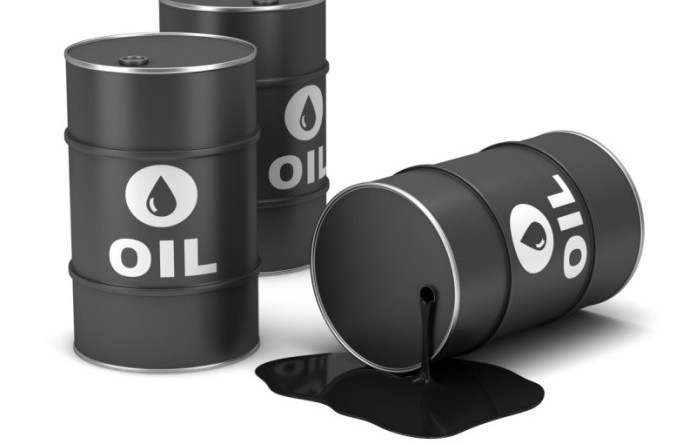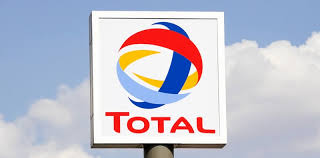Global oil prices on Tuesday, fall more than 1 percent amid global market rout, thus extending falls from the previous session as global financial markets tumbled lower in the wake of one of the biggest intra-day falls ever registered on Wall Street.
Brent crude futures were at $66.91 per barrel at 0530 GMT, down 71 cents, or 1.1 percent, from the previous close. That was more than $4 below their high-point for 2018, hit last month. U.S. West Texas Intermediate (WTI) crude futures were at $63.46 a barrel, down 69 cents, or 1.1 percent, from their last settlement and more than $3 off their 2018 high.
Sukrit Vijayakar, director at consultancy Trifecta Energy said “The fall (in crude futures) is mainly attributable to a global sell off in equities,” stressing that “People ran to the U.S. dollar as a safe haven currency. Therefore the dollar strengthens. This makes commodities more expensive to buy, hence oil futures get sold off”.
Already, Nigeria is currently battling backlash of the anxiety in rising oil prices as fuel scarcity continue to hobble every state. Currently findings show that there is no state where pump price is stable at N145, rather areas where the product is on sale, petrol station attendants’ sale above N145.
The Minister of Finance, Mrs. Kemi Adeosun had few days ago made it clear that rising oil prices presents two-edged sword for Nigeria in particular because of the nation’s embarrassing status as both an exporter of crude and importer of refined products simply because Nigerian refineries are producing far below capacities.
Though she was silent on why the ‘Change Administration’ had not addressed the shame, she apparently agreed that landing cost will continue to go up as long as oil prices continue to rise.
Earlier in the week, another leading crude oil exporter, Venezuela announced 99.6 percent devaluation of official forex rate.
The deal came as the nation launched a new foreign exchange platform, a move critics quickly said would not create a functioning currency market. The central bank said the first auction of its new DICOM system yielded an exchange rate of 30,987.5 bolivars per euro, equivalent to around 25,000 per dollar. That is a devaluation of 86.6 percent with respect to the previous DICOM rate and 99.6 percent from the subsidized rate of 10 bolivars per dollar, which was eliminated last week..
Venezuela is undergoing a major crisis, with quadruple-digit inflation and shortages of food and medicine. Economists consistently describe the 15-year-old currency control system as the principal obstacle to functioning commerce and industry.









